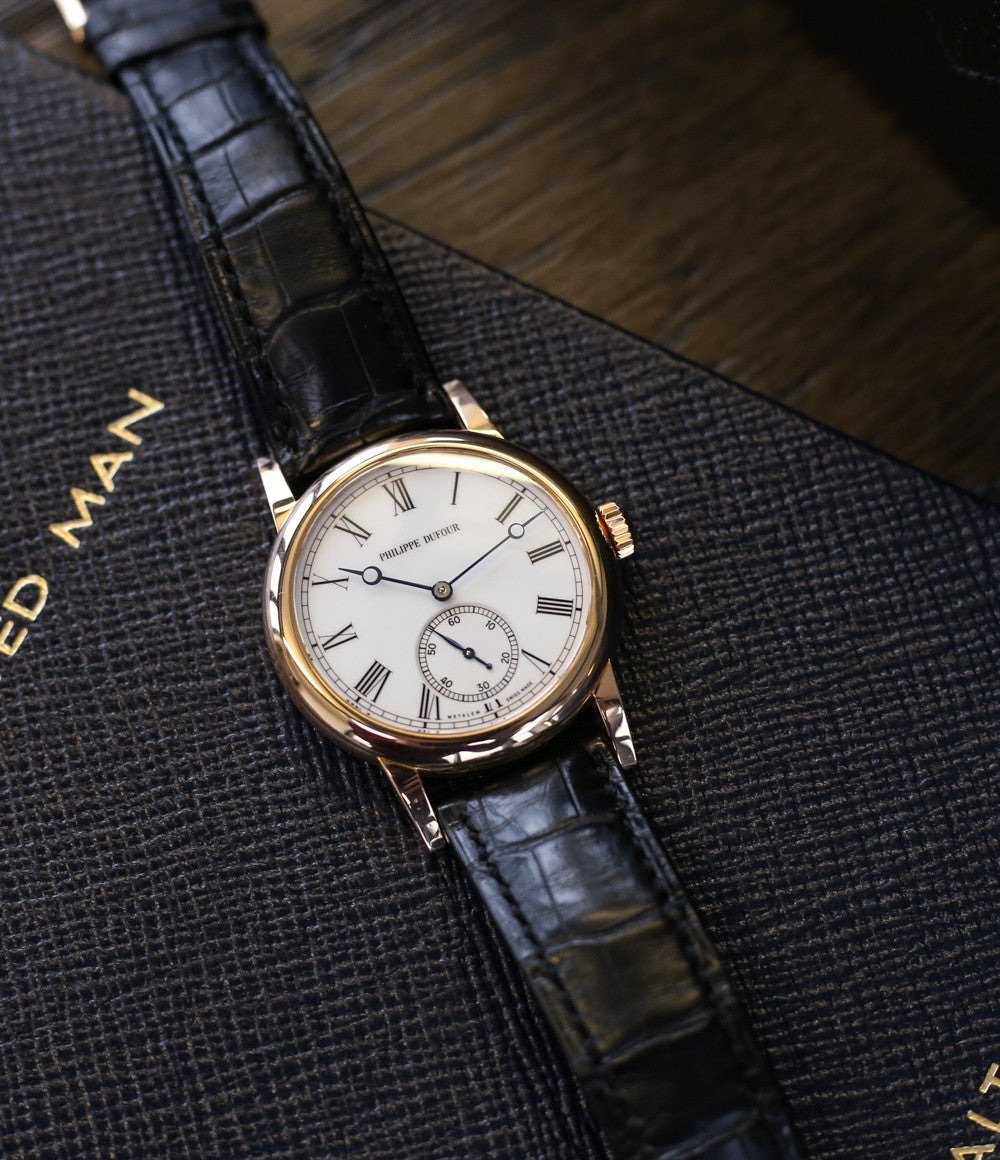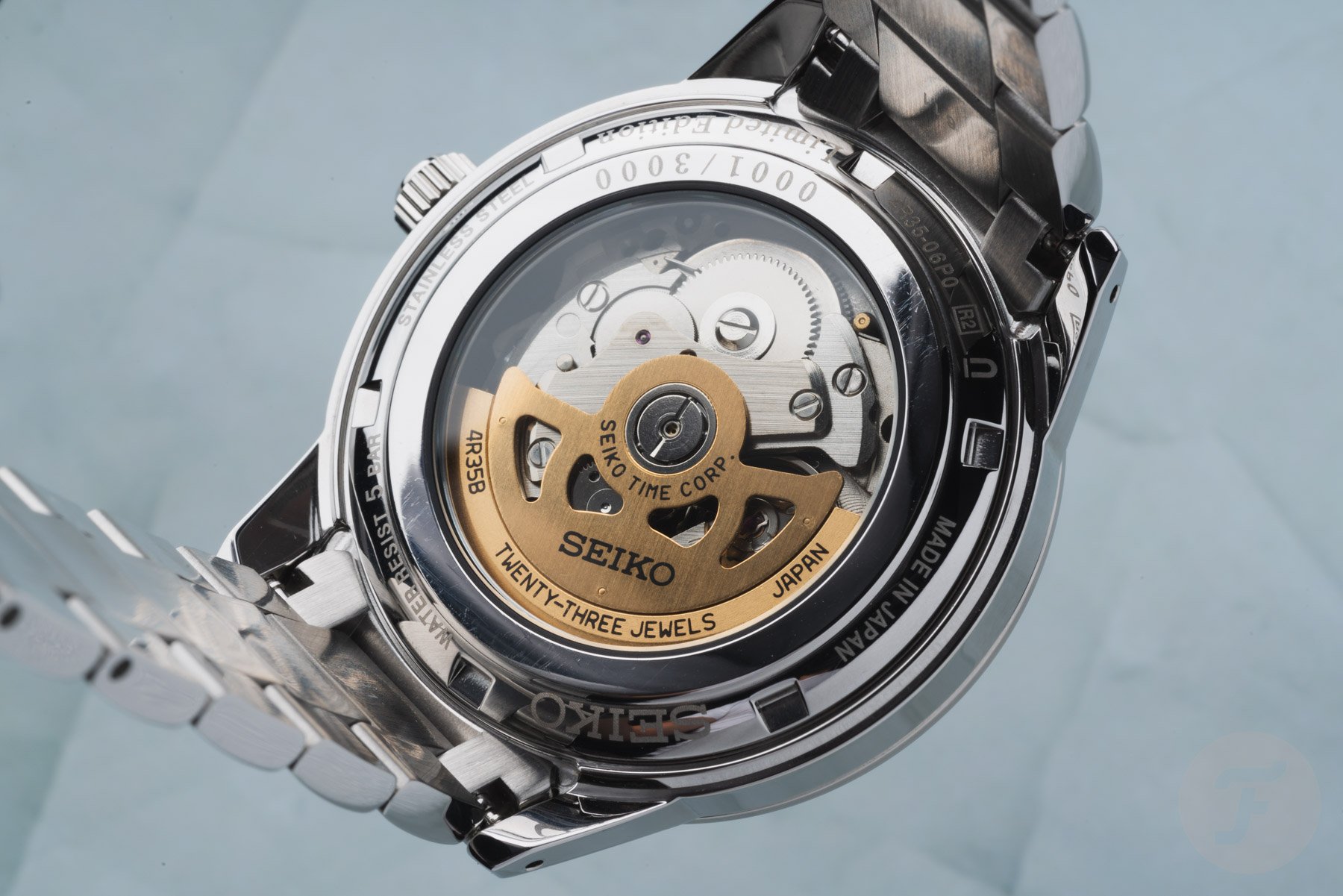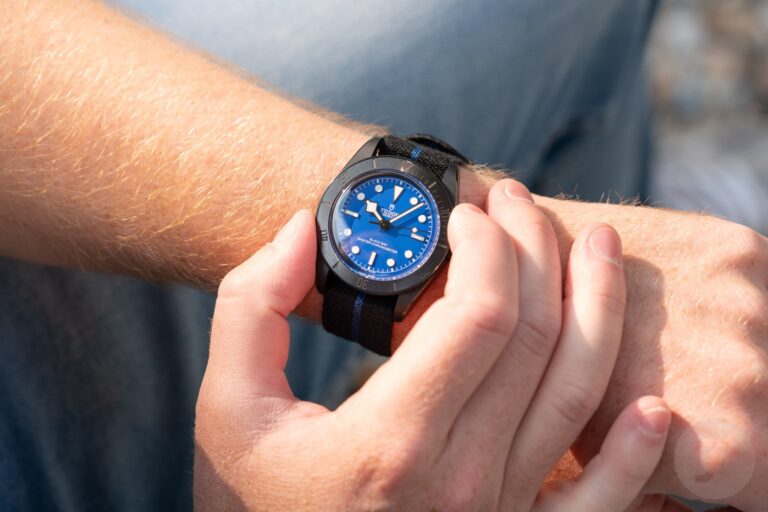They exist in every field, and the world of watches is no exception. I’m talking about people with strong opinions. Hey, I’m one of them and work in an office full of them. And Fratello’s comment sections, social media, forums, and YouTube are all full of people with strong opinions. Now, if a lot of the feedback wasn’t negative, it wouldn’t really matter. But it’s true, and it can detract from the enjoyment of hobbies like watches and clocks. Today, I would like to explore established dogmatism and the Dunning-Kruger effect with Mr. Fratelli. Let’s take a step back from the clock itself and think about how it affects our (online) behavior.
So I hopped in a time machine and returned to my early A career as a consumer behavior consultant (watch for my typical spoiled millennial “Follow your heart after all” B career). Let me take you and share some views on the sordid issue. “Experts” and how to avoid taking them seriously. This article is, in a sense, a sequel to an older article I wrote about how the narrative self guides our actions in watch collecting.
be subtly critical or stupidly sarcastic
This is not an indictment of critical voices. Critical notes are healthy, even for something as trivial and superfluous as a luxury watch. Your brand idea or execution may be wrong. Maybe the price of the watch is outrageous. Such things can and should be discussed, especially by people like Fratello’s writers, as many readers look to us for interpretations, explanations, and sometimes advice.
But if you take a look at the battlefield that is (part of) the online watch community, you can quickly see that something else is going on. So many people are simply impatient, cynical, suspicious, and aggressive. There must be some unapproved comments…

why is that? Certainly, the anonymity of online discussions is helpful. As the owner of a small watch brand myself, I’ve now noticed a clear difference between real-life feedback and online feedback. People type things that I would never say to my face. Apparently, different etiquette applies. Or maybe people don’t feel any pressure of etiquette at all when there’s a screen between them and the target of their vitriol. Still, there are some other psychological principles at work that I enjoy thinking deeply about. Taking a closer look at these can help you get rid of online harassment.

Obtained arbitrary hypothesis
The acquired dogmatism hypothesis is a relatively new theory developed by researchers Victor Ottati, Erica D. Price, Chase Wilson, and Nathanael Sumaktoyo. The idea is that social norms dictate that there is an inverse relationship between perceived level of expertise and open-mindedness. In other words, the more specialized you are, the more likely you are to be dogmatic. Similarly, the less experience you have, the broader your perspective should be.

Image: The Collected Man
This is a dynamic relationship based on individuals’ perceptions of their relative expertise. So discussing watches with your neighbors can make you feel like an expert. When I talk to Philippe Dufour about watches, I feel like a beginner. The “obtained dogmatism hypothesis” states that I should (and will) act more dogmatically toward my neighbor than I do toward Mr. Dufour. If my neighbor asked me what I thought about Brand X’s new watch, I might say, They have completely lost their way. ”If Mr. Dufour asked me, I might say, “I don’t know. I understand how they’re trying to cater to that particular market, but I don’t think it’s for me. What do you think? “This is not only due to politeness, but also to my relative role as a (non-)expert.
The most vocal people online tend to display behaviors that present themselves as experts. The undertone is often read: “Enlighten you with my wisdom and tell me all what it is like.” Simply put, my theory is that online trolls perceive themselves as experts, which leads to more arbitrary behavior. And what does arbitrary action look like? “Everything except what I like is wrong. Anyone who thinks differently is either wrong or colluding against the truth.”

When acquired dogmatism meets the Dunning-Kruger effect
David Dunning and Justin Krueger first described the eponymous cognitive bias in 1999. They found that lower performers were more likely to overestimate their performance. The pop version of this is that stupid people don’t realize their own stupidity. Interestingly, the opposite also turns out to be true. Actual experts tend to underestimate themselves. Probably because they really know what it takes to be an expert and are therefore more aware of their shortcomings.

Additionally, there is an illusory superiority bias in which most people rate themselves as “above average.” Statistically speaking, of course, that’s not possible. My theory is that this applies even more to the online world than the offline world. why? Because when I physically talk to Philippe Dufour, the difference in our expertise is much more obvious than when we exchange comments on online platforms. The latter gives you time to think and allows you to choose when to engage and when not to engage. I could easily present myself as equal to or better than Mr. Dufour in a chat room, but I would fail miserably in a physical store.
In other words, the types of people who post harsh comments online are very likely to overestimate themselves and exhibit strong dogmatism. It’s a toxic cocktail of thinking you’re an expert, but not realizing your actual lack of expertise, and closing your mind as a result.

when you overestimate yourself
We see the above results all the time in the world of watches. People almost always overestimate their knowledge. “That caliber is trash!” Why? That’s because the commenter heard from someone who once bought a watch who said it didn’t work well and had to be repaired under warranty. Someone else on the forum had the same complaint, so it must be true. When there is little statistical or empirical evidence, one must rely on such anecdotal evidence.
Obviously, such comments don’t add any value, other than the commenter’s ego. It solidifies your self-image as a critical expert. But unless you have access to statistics on returns under warranty, or a truly reliable watchmaker can explain why there’s an underlying problem with its movement, you can’t accept it as true.

I’m guilty of this too. For example, I’m on a mission to end Vignette Dial. The fact that I find them ugly is of little value to anyone. Still, it must be my dogmatic beliefs, acquired through my position at Fratello, that make me feel justified in beating this dead horse over and over again. No, I am not being hypocritical in writing this article. I’m very happy to be the butt of my joke today.

Seeing sarcasm and dogmatism for what they are
One thing you can tell yourself when you feel unfairly attacked, scrutinized, or criticized online is that you never know the commenter’s background. You don’t have access to the train of thought, emotion, or past experience that led to that comment. Therefore, we cannot rely on whether our intuitive interpretations are correct. In other words, you can decode the message through a filter, but you don’t have access to the emotion originally encoded by the sender. Because of this, it is pointless for it to harm you.
The truth is, even if you know it’s meant to be, there’s no point in interpreting it to your own detriment. After all, it’s not your dissatisfaction, but the expression of someone else’s dissatisfaction. Whether you feel insulted or not is up to you, no one else. This is also why, for example, I rarely react. Keyboard warriors can’t control my actions. Also, a lot of the opinionated and harassing people online are opinions, even if they are stating it as fact. You can ask cats and rabbits which is better: fish or carrots. Their respective answers are worthless to each other.

So what do I hope this badly thought-out article accomplishes? What if I were to say to the few keyboard warriors among you, “Wait a minute, I’m claiming false expertise?” “Are you typing these harsh words from a position where you’re someone who wants to do something?” Or, if we could make people who receive criticism online a little more resilient, that would be great. However, I’m an expert enough to realize that the impact of this article is negligible. And now I have a headache… Let’s get back to the watch review!
